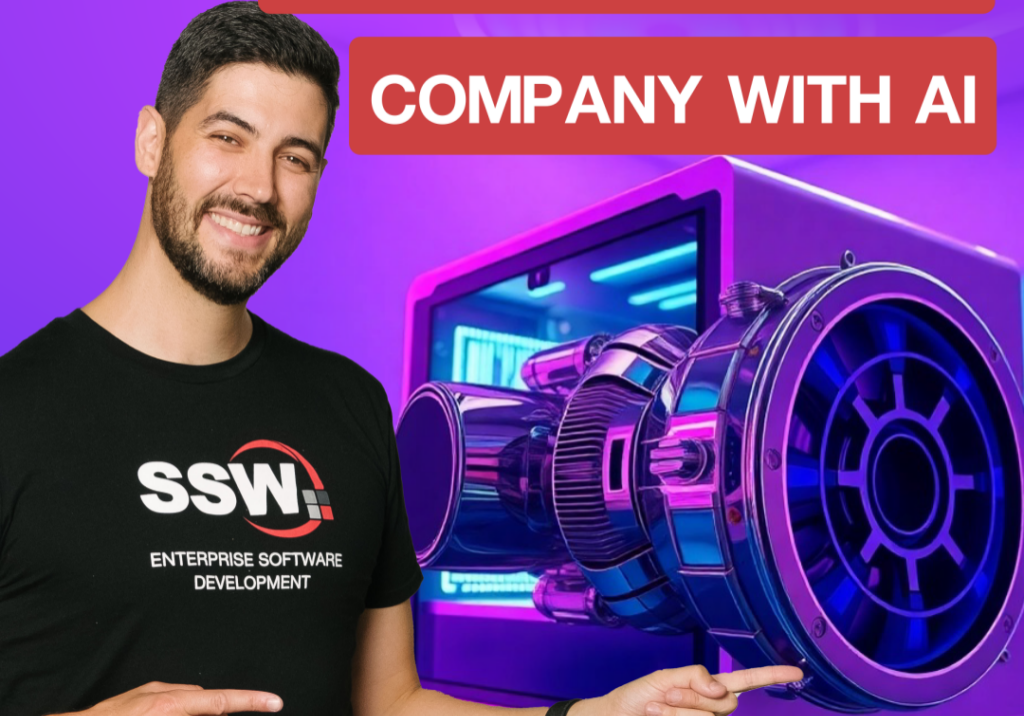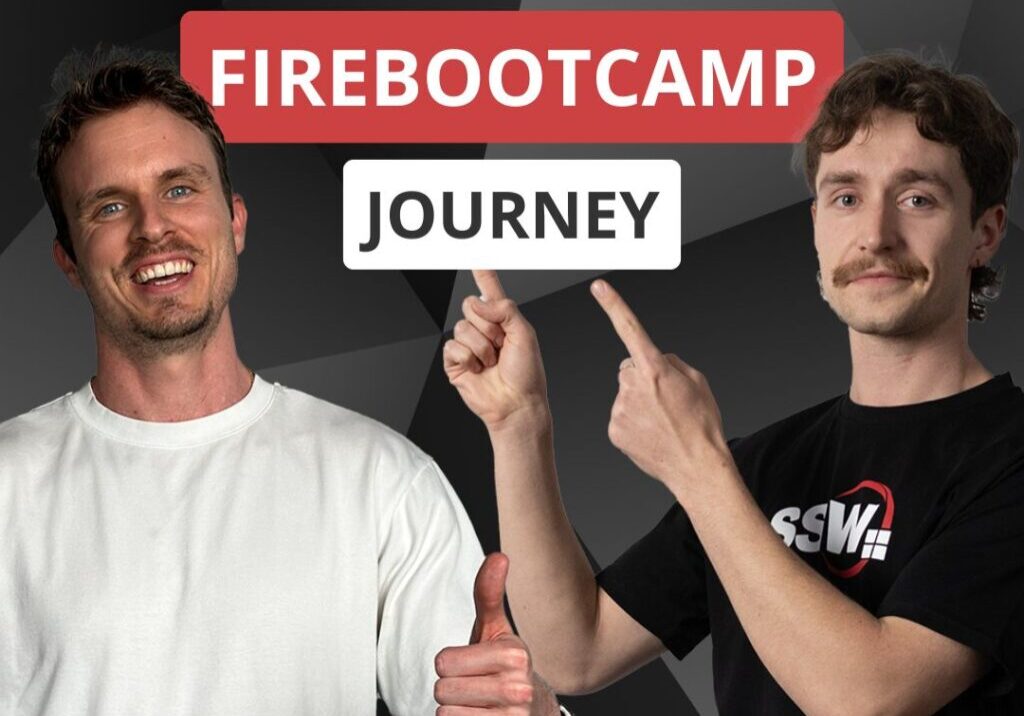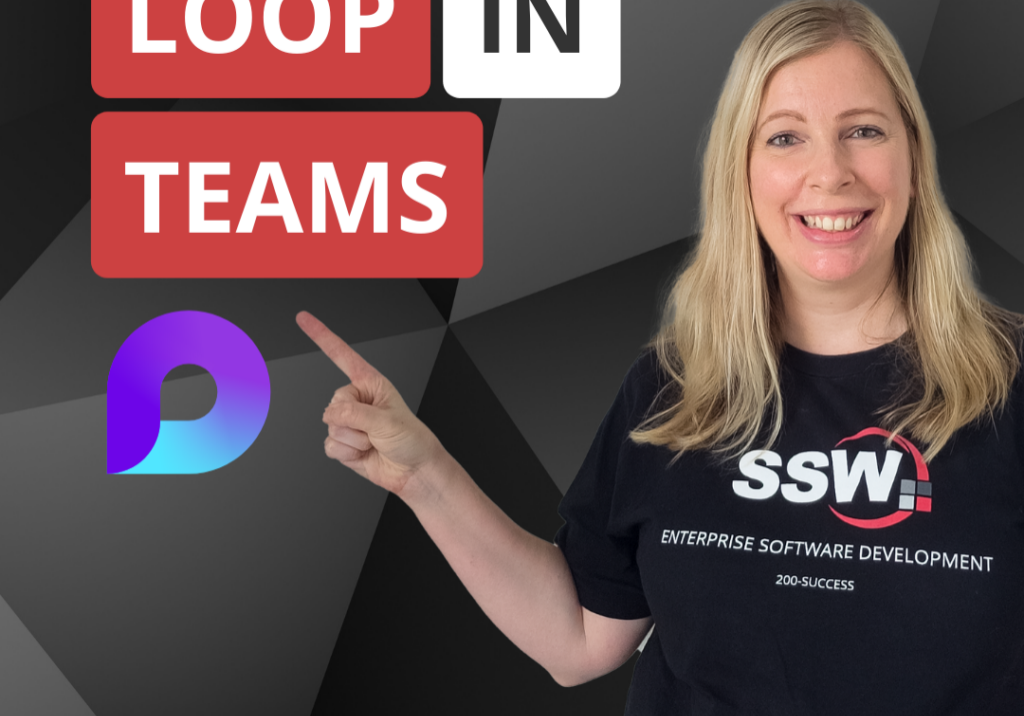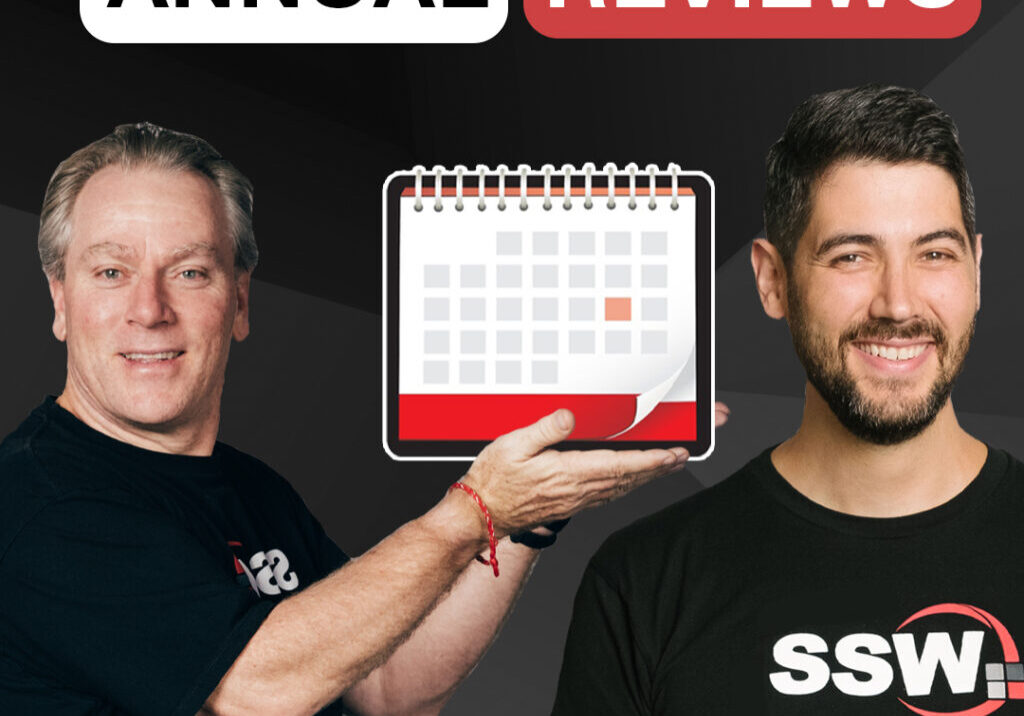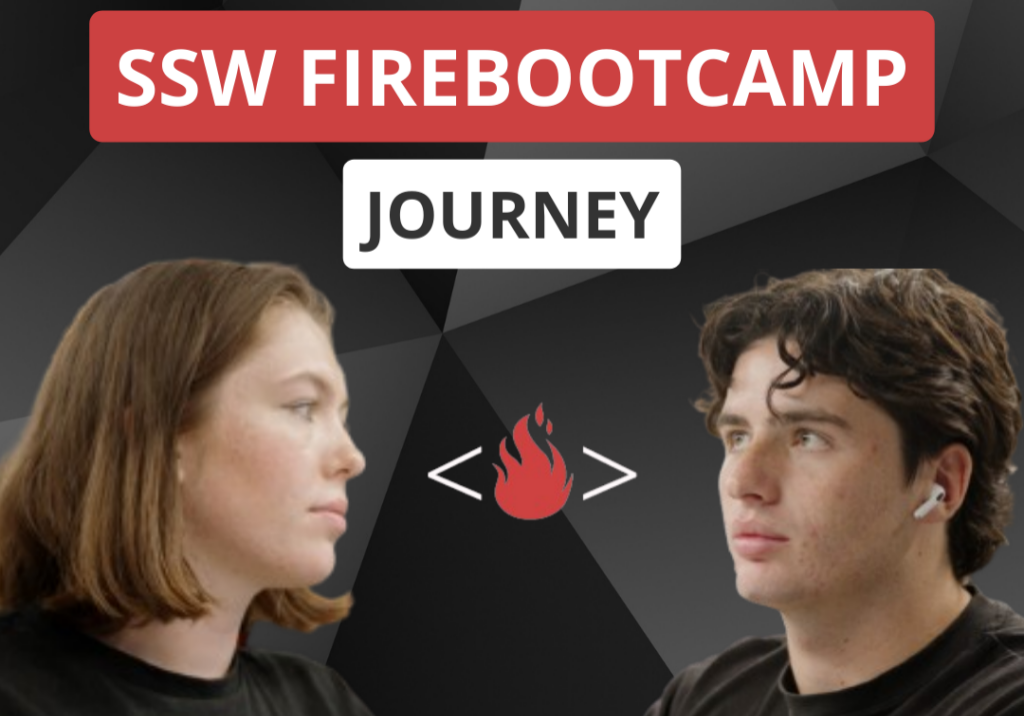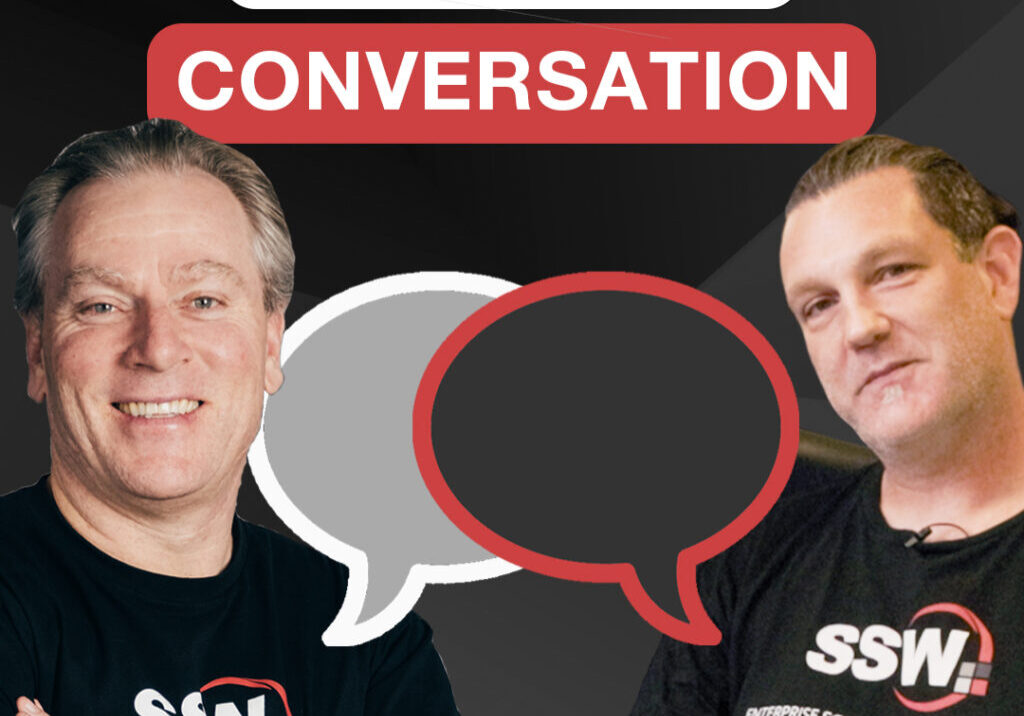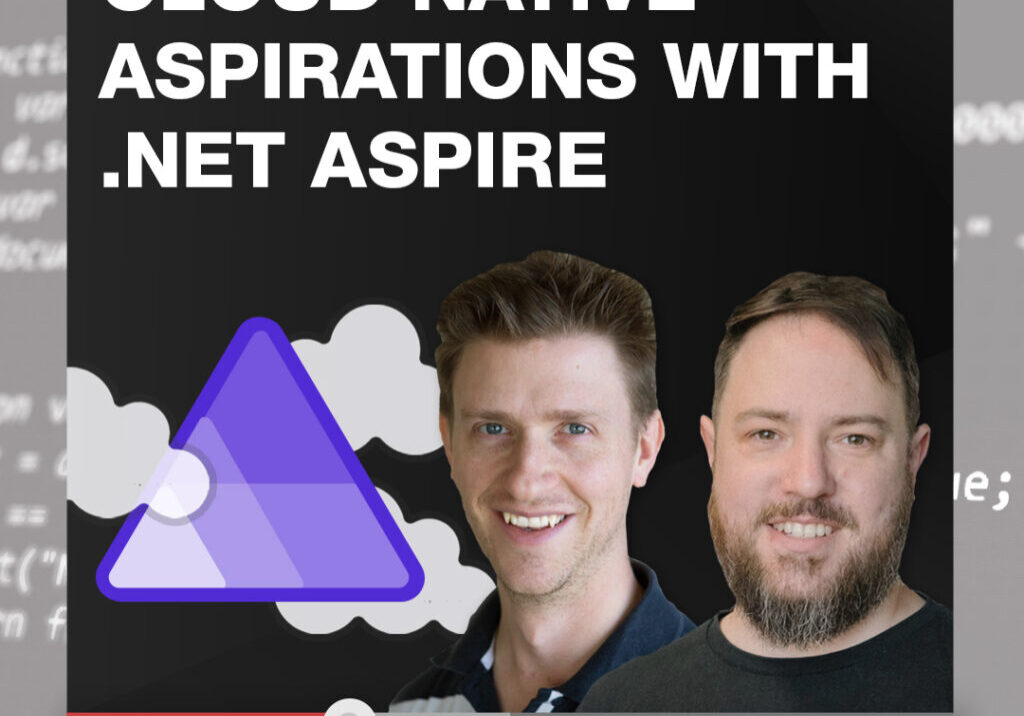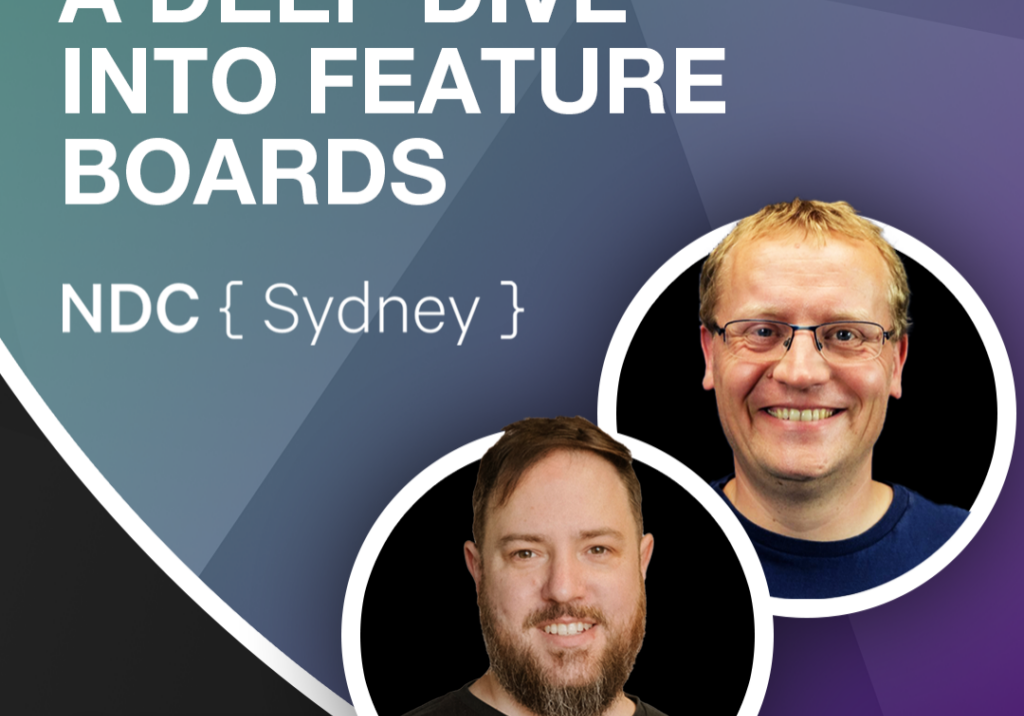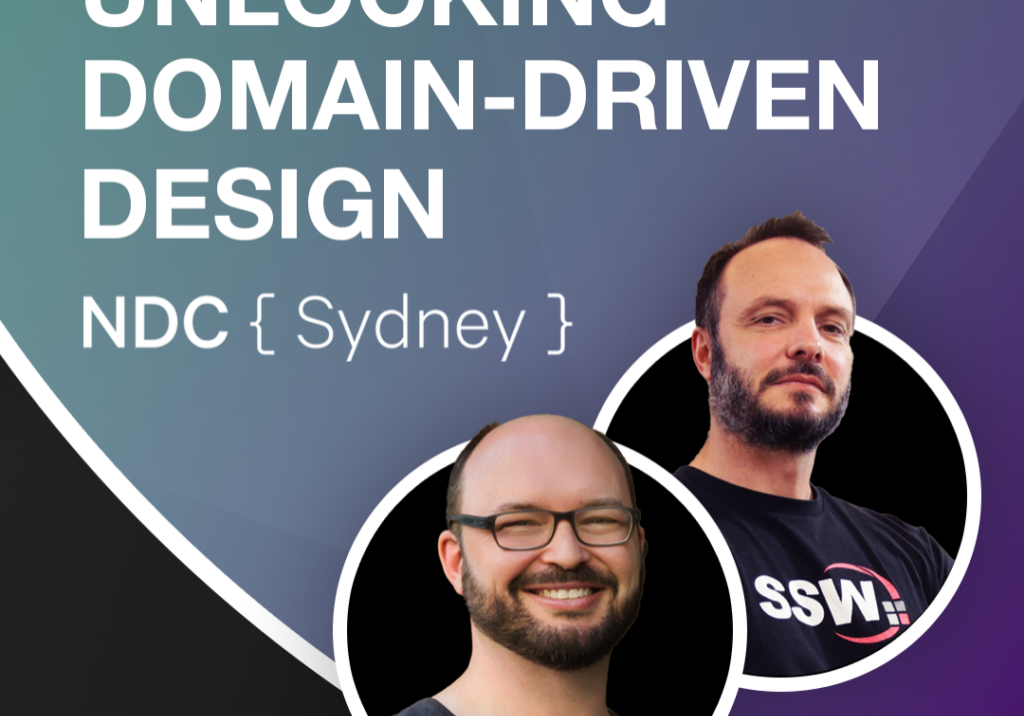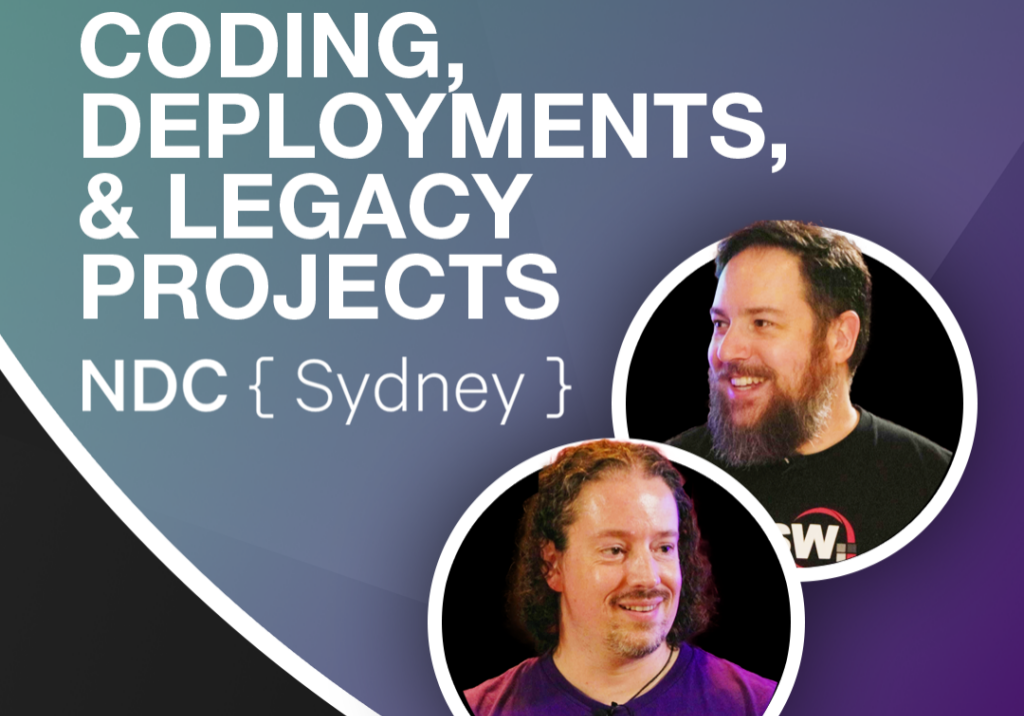SSW TV recorded this years’ DDD conference in Melbourne.
In this video, Damian Brady – a Solution Architect for Octopus Deploy – tells us you should be focused on ‘API first’ when developing your application.
From the presentation description:
Good developers try to make their jobs as easy as possible. We know our application will evolve, so we try to make future changes as simple as possible by layering and decoupling our architecture up front. That’s great, but can we do more?
In this session, I’ll do my best to convince you that an API should be the most important part of your application. By focusing on the API first, you’ll reap huge benefits in support and bug fixing, and you’ll open your application up to nearly limitless new features with minimal effort.
We’ll look at some applications that expose great APIs, and what benefits they’ve seen as a result. We’ll examine the practicalities of an API-first design, and how to avoid some of the common pitfalls. Finally, we’ll put all this into practice and write a demo app – API first.
Take the poll!
About the speakers

Mr API
Damian is a Microsoft MVP in Application Lifecycle Management and a a Solution Architect for Octopus Deploy.
He is the co-author of Professional 'Team Foundation Server 2013 from Wiley. He runs the Brisbane .Net User Group, and the annual DeveloperDeveloperDeveloper Brisbane conference.
He spends a lot of time training teams on how to improve their software, be it through improving their agile process, devops, or code quality. Damina is a regular speaker at conferences, User Groups, and other events.
